August 7 marks the 75th anniversary of one of the most brutal battles of World War II, the Battle of Guadalcanal. World War II veteran Roy Roush recalls his experiences as a member of the 2nd Marine Division during frontline action at this critical campaign.
Roush enlisted in the U.S. Marine Corps on July 4, 1942, the day after the end of his junior year of high school.
Now 92 years old and one of only two people still alive from his company, Roush remembers how he survived: “The reason we were so successful is because we were all teenagers. Out of 175 men in our company, 90 percent of us were teenagers. Teenagers think they can do anything, and they always did.”
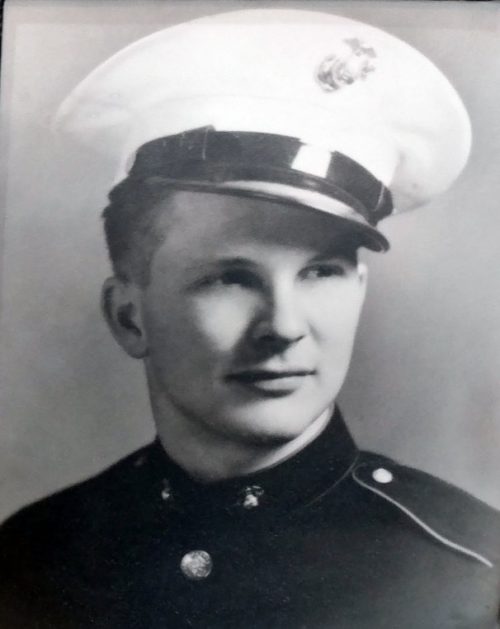
After the surprise attack by the Japanese on Pearl Harbor on December 7, 1941, they set out to take over the South Pacific islands to prevent a retaliatory attack by the United States. When the Japanese military began to build an airfield in 1942 in the Solomon Islands, U.S. forces saw a target, and one of the most important battles of World War II was fought here.
The United States forces landed in the Solomon Islands on August 7, 1942 — eight months to the day after Pearl Harbor — and the six-month battle that followed ended Japan’s eastward advance. The fighting conditions were gruesome on both sides, with lack of clean water, insufficient supplies, and mosquitoes causing many soldiers to suffer dysentery and malaria.
Rousch recalls his experience in Guadalcanal: “[I] walked up to the front line from the beach, and it was about five miles carrying a browning automatic rifle (BAR) and nearly one hundred pounds of ammunition and gear. It was a jungle hell where nothing was accommodating. We were thirsty, tired, covered in scratches from the jungle. There was never enough food or water. You could not sleep at night because of the mosquitoes and infiltrating Japanese.”
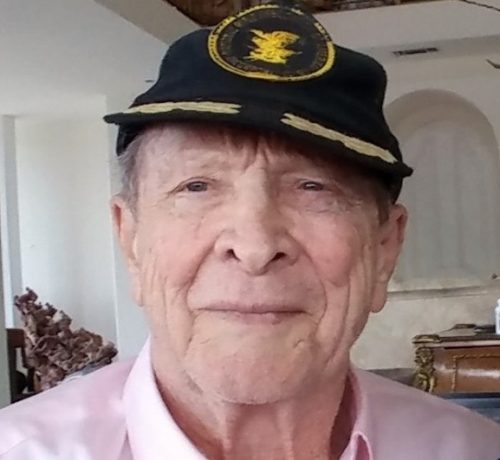
Rousch’s 2nd Marine Division landed in the Solomon Islands at Kukum Beach near Henderson Field on Guadalcanal. Roush says that he would rather return to all three of the other campaigns he served in later in the war — on Tarawa, Saipan, and Tinian — than go back to the conditions at the Battle of Guadalcanal.
The Guadalcanal operation holds the record as the longest and largest of all beachheads ever secured by Marines, but victory came at a price, and the territory was as unwelcoming as the opposition. The water they drank was so dirty, Roush “strained it through his teeth to keep from choking on it.” His company had to hack its way through the jungle with machetes and bayonets. The soldiers all lost weight; Roush went from 175 pounds to 130 pounds from lack of supplies, illness, fatigue, and the jungle heat.
When Roush’s battalion left the Solomon Islands for Wellington, New Zealand, on February 19, 1943, nearly all the members were hospitalized for severe malaria; two died, and some had to be medically discharged. Roush was in the hospital in July 1943 when Eleanor Roosevelt visited the ward and said, “My husband, the President of the United States, has asked me to say hello to you all and to say how much we appreciate what you have done.”
The Solomon Islands Campaign cost the Allies approximately 7,100 men, 29 ships, and 615 aircraft, according to the National WWII Museum. The Japanese lost 31,000 men, 38 ships, and 683 aircraft. Despite the odds, Roush made it home from World War II and chose to serve again during the Korean War as a fighter pilot.
After an honorable discharge from the Air Force in 1954, Roush moved to Los Angeles, where he now lives with his wife in a house with floor-to-ceiling windows and glass doors overlooking the San Fernando Valley. He earned both a Masters and Ph.D. in archeology and wrote the book Open Fire! about his personal story of frontline combat.
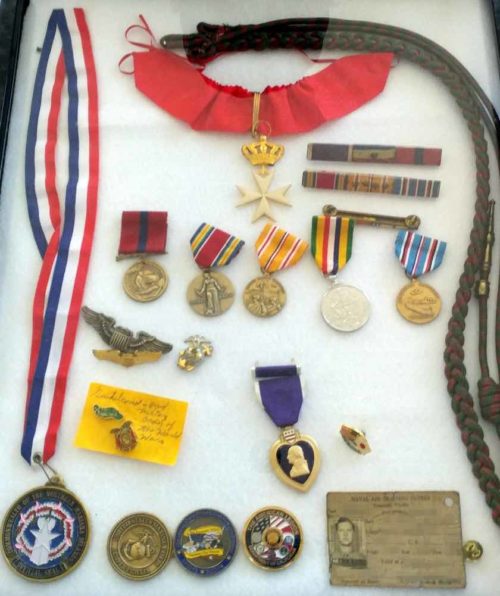
Roush was knighted by the Knights of St. John of Jerusalem and has a purple heart. He was a hero to our country during battle, and he continues to serve as an inspiration. Roush proves that if you put your mind to it, you can accomplish anything. As he says in the first line of his book, “We were just a bunch of American kids, led by some good officers who thought that we could do anything, and somehow, we always did.”
Read Jeff Nilsson’s Post Perspective on Guadalcanal, The Battle of Guadalcanal: The End of the Beginning.
Become a Saturday Evening Post member and enjoy unlimited access. Subscribe now
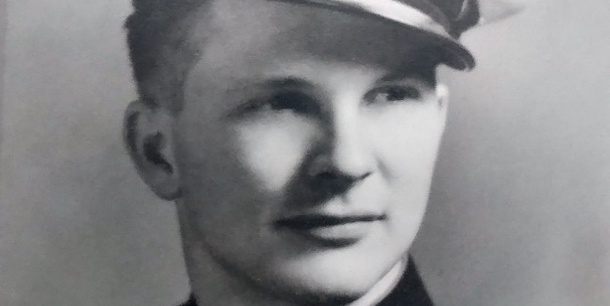
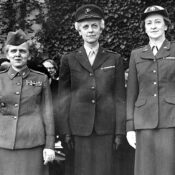
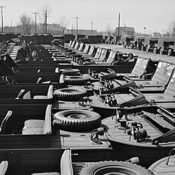
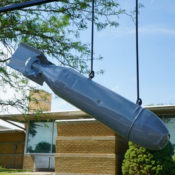
Comments
Really remarkable. Thank you for sharing!
Great Article. Great man.
John w.
We will never forget Guadalcanal and what the Marines did to turn the war.
Glad Mr. Roush is here to share his first person account
Thank you,
Sheila M